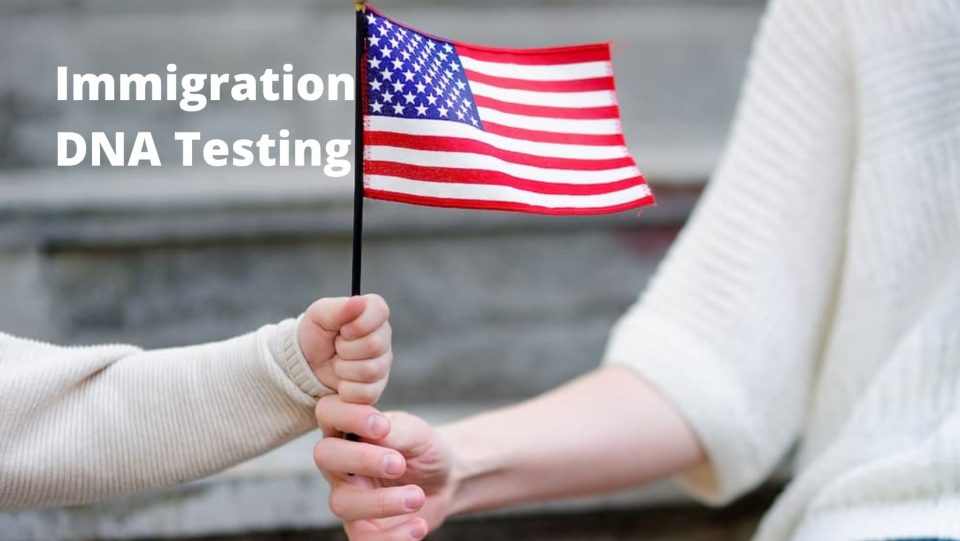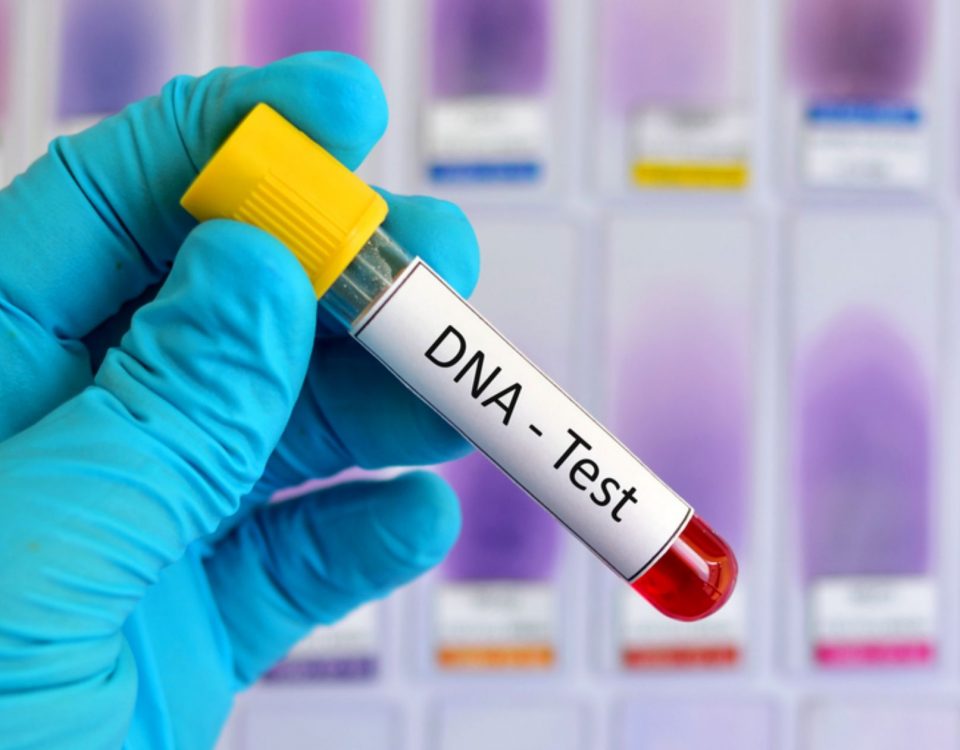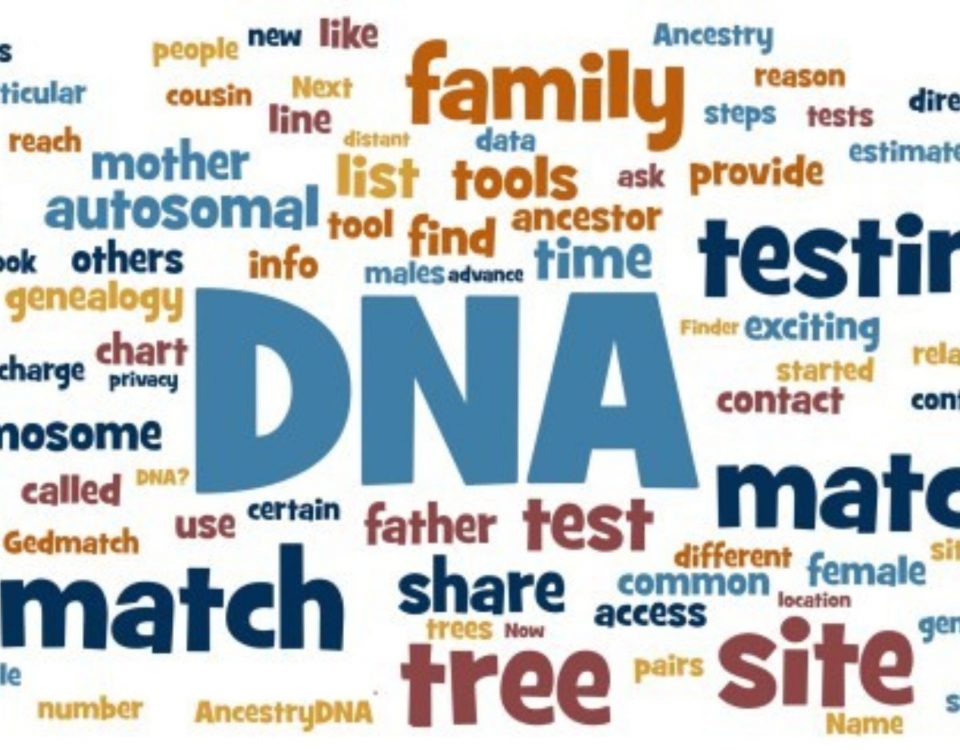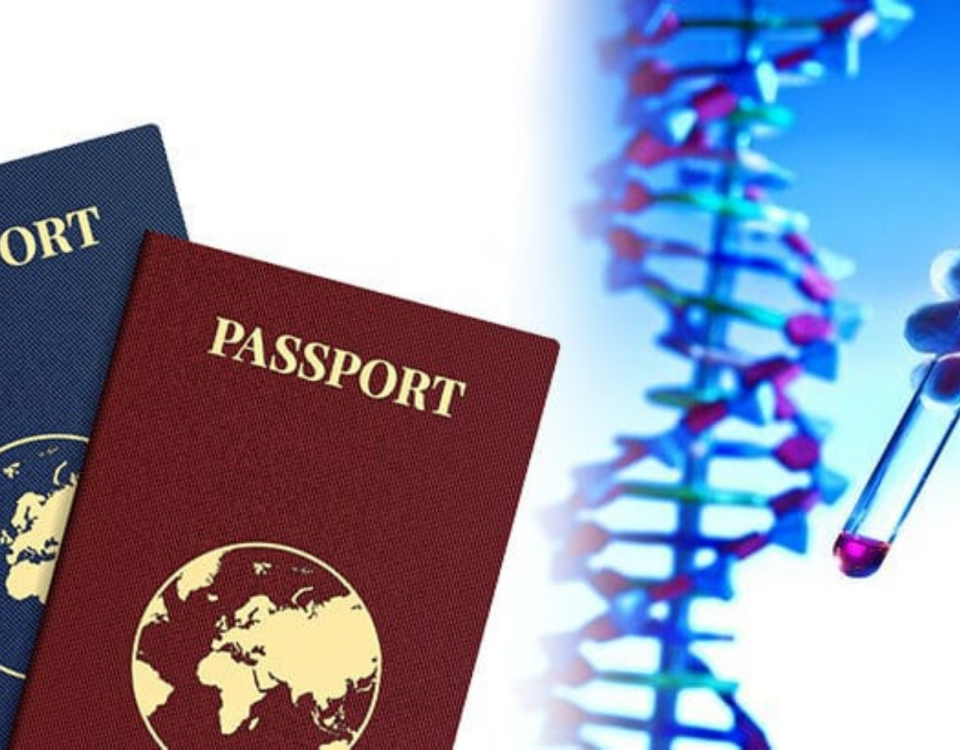
How do Genetic Testing for Hereditary Cancer Work?
March 16, 2022
Screening for Lynch Syndrome
April 13, 2022Genetic testing or DNA testing are normally used for purposes like to determine paternity or to look for genetic disorders in an individual or just for wellbeing. DNA testing can provide a great deal of information about an individual with just a minor amount of samples available. And forensic DNA testing authorities know how to exploit this feature for criminal justice.
But did you know that DNA tests can even be used in some immigrant visa applications? When there’s a lack of credible evidence of a biological relationship genetic testing can be used. The result of the DNA test result can be used in immigration visa (IV) applications.
DNA is the only non-documentary method that can be used as proof of relation. Some of the relationships that can be verified by DNA testing include maternity, paternity, siblingship.
A Consular Officer might suggest a DNA test if no other evidence is present but using DNA testing doesn’t mean that the visa will be issued.
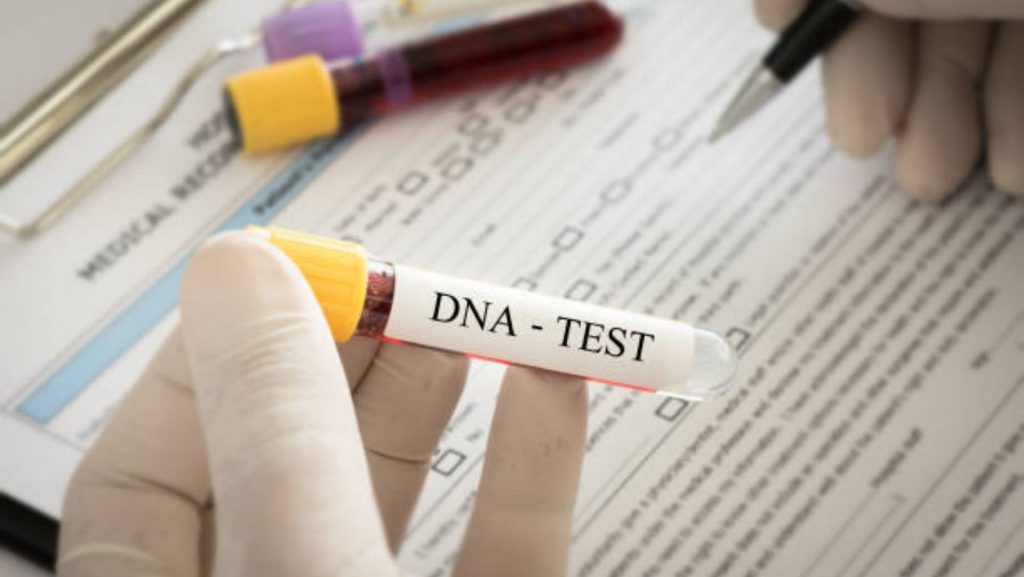
Some important points that follow a DNA test include:
- A buccal swab is a preferred method for sample collection. This method includes rubbing a sterile cotton swab inside the buccal cavity and using that as a sample.
- DNA tests are mostly 99% accurate. And chances are your Consular Officer will only accept the result with 99.5% accuracy so its needs to be kept in mind.
- An accredited company is a must. The result is directly sent to the US embassy by the laboratory. So once they receive the results the visa applicant will be contacted for further process.
For result copies, the applicant has to contact the lab directly since the embassy doesn’t provide any result copy.

